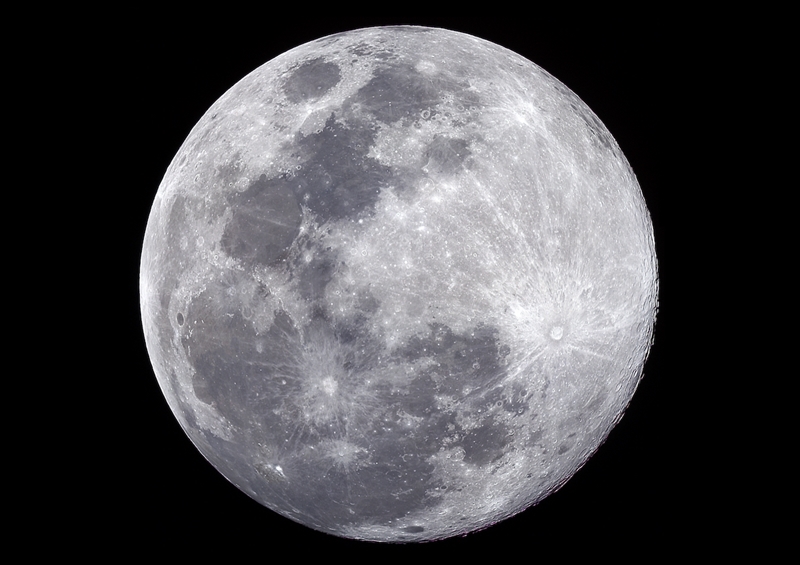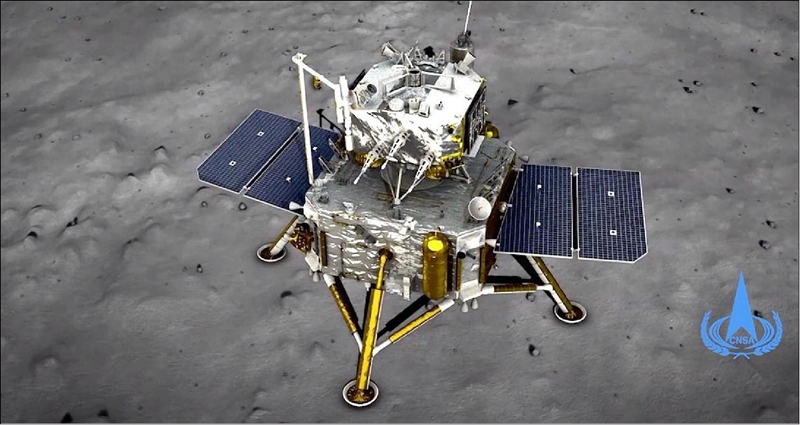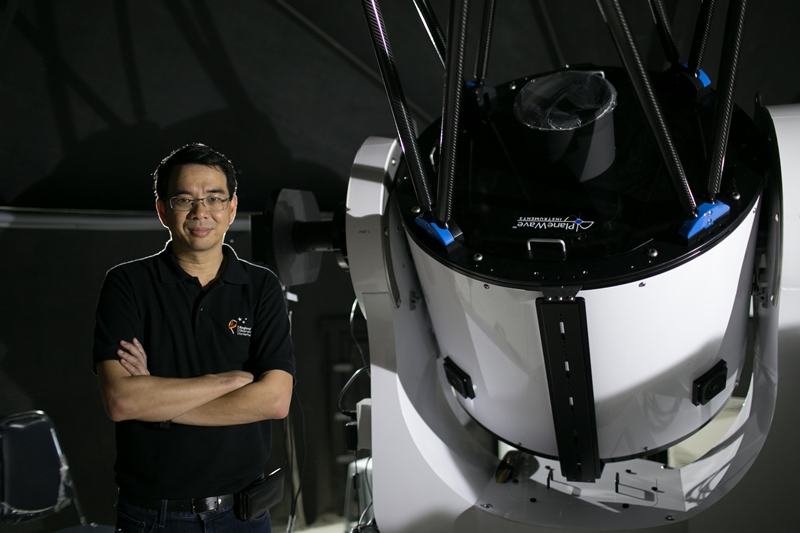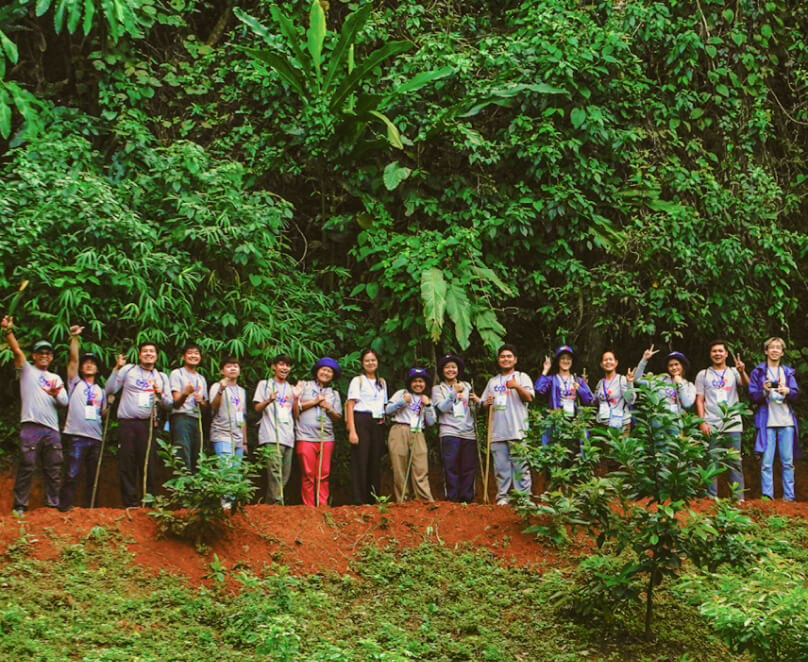How Thailand’s Participation to Lunar Exploration Contributes to Advancement of Science at Home

After the successful lunar exploration during the Apollo project era, primarily driven by the competition between superpowers to showcase their scientific and technological prowess, the trend of lunar missions has resurged. Nowadays, we see more and more countries participating in space exploration, including India, Japan, Russia, South Korea, and the United Arab Emirates. These nations have plans to head to the moon in the near future. Numerous private companies are preparing for lunar missions as well.
This renewed interest is largely due to evidence of water molecules in a study of lunar samples in 2008, reigniting global scientific interest. Scientists believe that lunar exploration could be the gateway to deeper space missions for humanity. Beyond the pursuit of new knowledge, lunar missions are pushing the boundaries of technology, with demonstrable applicability to computing, WiFi communications, GPS, and food preservation, all of which have roots in space technology.
Today, we are in an era of intensified space exploration, with lunar missions being a focal point for many countries. Thailand is also joining this pursuit. In 2021, Thailand announced the establishment of the Thai Space Consortium (TSC), a coalition of 14 leading scientific research agencies and higher education institutions, spearheaded by the National Astronomical Research Institute of Thailand (NARIT). One of TSC’s primary goals is to develop a lunar exploration probe using Thailand’s own manpower, pioneering scientific research and advanced engineering with the support of TCP Group.

Thailand is also participating in China’s international scientific research initiatives, led by China National Space Administration (CNSA). Last year, Thailand signed a research cooperation agreement with CNSA’s Deep Space Exploration Lab (DSEL) to contribute to the development of deep space exploration technology under the International Lunar Research Station (ILRS) project. This collaboration supports the Chinese Lunar Exploration Program, which made history by returning lunar samples to Earth with Chang’e 5. It has been announced that the Chang’e 7 mission, set for launch in 2026, will include Thai scientific equipment—the Moon-Aiming Thai-Chinese Hodoscope (MATCH), originated from experiments by Thai scientists and engineers—to study cosmic rays and their interactions with the Sun, Earth, and Moon.
The development of a space-based cosmic-ray detector is critical for understanding the impact of space weather on Earth, and in particular the following five main industries in Thailand: 1. All satellite systems regardless of purpose, particularly navigation in logistics and precise time services; 2. Aviation industry, including aeronautical radio communications and navigation for commercial aircraft; 3. Clean energy sector, as cosmic rays affect the performance of solar cells; 4. High-power electrical transmission stability, of which the public and private sectors can be kept informed once space weather experts are in place to work with space weather forecasting models and provide timely warnings; 5. Terrestrial satellite communications in Thailand, which on the grand scheme of things significantly impact all of human activities given the ubiquitous nature of communication.
Thai-Chinese cooperation in lunar resource exploration greatly benefits Thai aerospace innovation. It enhances the scientific and technological capabilities of Thai researchers and research engineers, enables the development of space engineering systems for deep space exploration, and promotes the creation of a public space weather warning system. This system will alert the public to high-energy particles entering the Earth’s atmosphere, potentially from solar storms or deep-space cosmic rays. Additionally, the cooperation will equip Thailand with the capability to develop its own advanced scientific equipment for future space cooperation projects with China.

Dr. Saran Poshyachinda, Executive Director of NARIT and Chairman of the Executive Board of the TSC, stated, “This cooperation offers Thai people the opportunity to join China’s national space agency, which would allow Thailand to eventually develop its own advanced scientific equipment operating in space. It fosters collaboration between Thai and Chinese scientists and facilitates the transfer of expertise in designing future spacecraft. The development of aerospace technology leads to new scientific discoveries and innovations that have been shown to create significant changes on Earth.”

Achieving these goals requires integrated cooperation from both public and private sectors. TCP Group itself emphasizes the importance of research, development, and innovation in aerospace technology. Mr. Saravoot Yoovidhya, CEO of TCP Group, remarked, “TCP Group recognizes the importance of advancing aerospace technology research, which has been driving innovation in various industries. We therefore support NARIT in enhancing the capabilities of Thai researchers and giving them access to deep space knowledge from leading global space organizations, upon which the development of Thailand’s own spacecraft could be built. We have also been instrumental in bringing lunar samples from Chang’e 5 to be exhibited in Thailand to inspire young people with a passion for science and stand as a reminder that astronomy is more relevant to us than we might initially think and that space research can lead to a better future.”

These efforts aim to propel Thailand towards developing its own spacecraft, potentially enabling Thai lunar exploration. TCP Group and NARIT invite everyone to learn about space innovation and take a look at the lunar samples from Chang’e 5 at the exhibition “Empowering Thailand Through Frontier Research presented by TCP Group,” and organized by NARIT at “MHESI Fair: Sci-Power for Future Thailand” in Zone F, from 22–28 July 2024, at Queen Sirikit National Convention Center, Bangkok, from 9.00 a.m. to 8.00 p.m. Admission is free.










